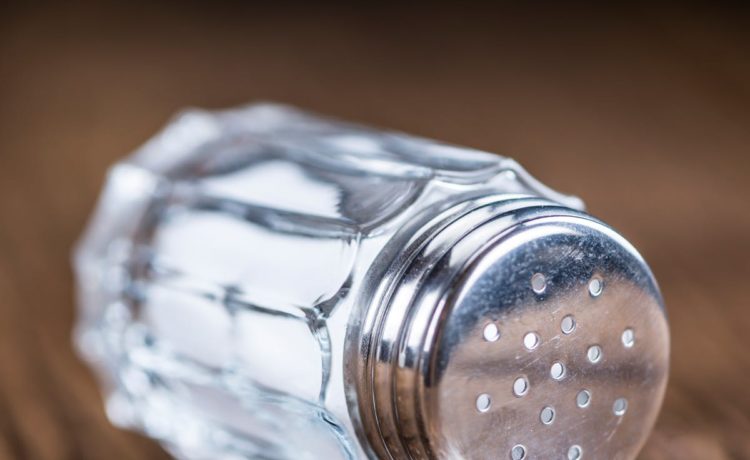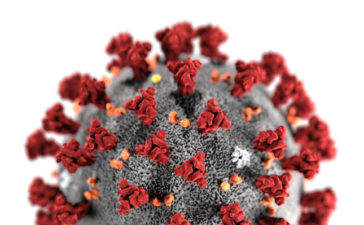Adult Indians have a habit of eating more salt, which is more than the amount prescribed by WHO. Physicians say that consuming too much salt in the diet has harmful effects on blood pressure and over time it can lead to cardiovascular diseases.
Restricting salt in the diet can reduce heart disease by up to 25 percent and reduce the risk of dying from heart complications by up to 20 percent.
The Indian diet is rich in sodium and high salt consumption is the biggest contributing factor to non-communicable diseases. Excess salt over time can cause irreparable damage to the kidneys. Excess salt increases blood pressure, which is known as hypertension.
High blood pressure can harden the arteries, causing a decrease in blood and oxygen flow. This reduces the flow of oxygen to the face and in addition to drying the skin can cause wrinkles faster. This makes the person’s age look increased. There are many more negative effects on health.
An adult should not consume more than 5 grams of salt in a day. Researchers and policymakers around the world have pressured reducing salt intake to control high blood pressure, as its key triggers — stress and a flawed lifestyle — are difficult to control.
The terms salt and sodium are often used interchangeably. Although they mean different. Salt includes sodium and chloride. The sodium in salt can be bad for your heart, while salt is essential for life.





